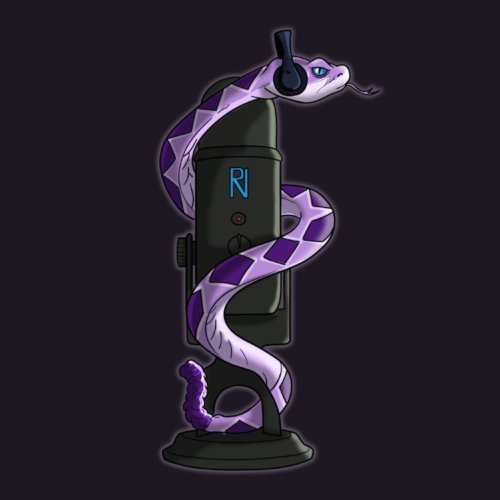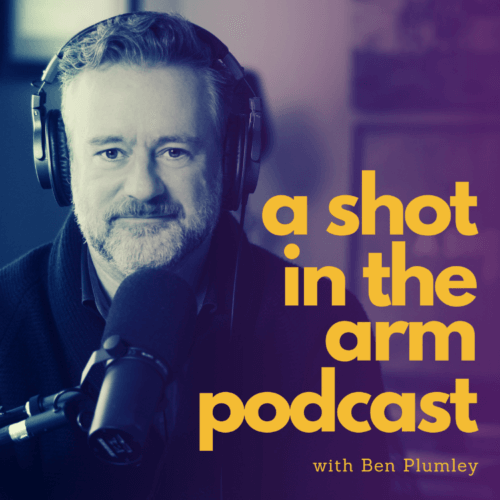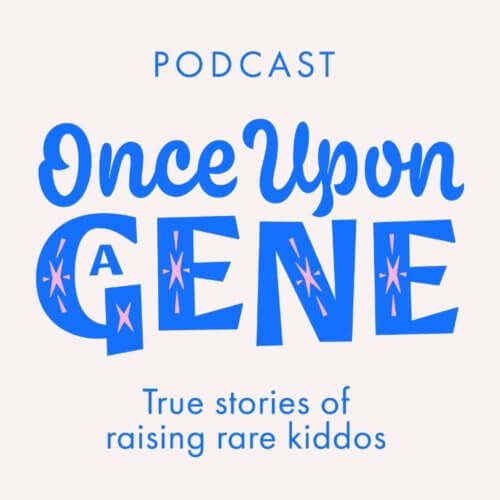Deep Brain Stimulation, is it worth it? | 5
In this episode of When Life Gives You Parkinson’s I talk with three friends about Deep Brain Stimulation. Becca Miller is contemplating it, David Sangster just had it and Jim Smerdon had it five years ago.
“You hear everything,” said Jim Smerdon of Vancouver, B.C. when I asked what he heard when doctors drilled a hole through his skull and into his brain. “It was the clearest memory I’ve ever had of anything of my life.”
Jim was awake for the first five hours of Deep Brain Stimulation to treat his Parkinson’s disease.
My neurologist told my wife and I that if my motor symptoms and dyskinesia from carbidopa-levodopa do not level off in six months, we will add my name to the DBS evaluation list. The wait time for evaluation in British Columbia is three years and currently there is just one doctor who performs surgery here.
“Deep Brain Stimulation is considered the most commonly performed surgical treatment for Parkinson’s disease,” said Jamie Hamilton, senior associate director of research programs for the Michael J Fox Foundation. Hamilton explains that DBS is an invasive procedure which implants electrodes deep in the brain. The electrodes are controlled by a neurostimulator which is surgically implanted into his chest and sends electric impulses to specific targets in the brain.
Becca is a single mom of a 7-year old. She is scared to have DBS while her daughter is so young. But, she understands the benefits, “…that sounds just amazing. It feels like in some ways, you know, in some ways it’s like a last resort and in other ways it feels like a reset. And a gift of time.”
For David, it has been life changing. He’s back to playing with his kids, being an equal partner to his wife and playing piano. “It’s amazing,” says David. “I can be there when my kids need me – every time. (I can) take them to school, drive the car, and make them cereal. It’s also being there for my wife and being more of a person than I used to be.”
Jim was able to completely come off the carbidopa-levodopa for a year. But, his wife Deana Grinnell says he’s back up to 8 or 9 pills per day. That’s fewer than the 20 or so he was on prior to surgery by the dyskinesia is back. “His disease is progressing,” Deana said. “It’s effecting his balance. His speech is getting softer. It’s just marching on.”
Thank you for listening. Add your voice to the show and leave a message for us here; https://www.speakpipe.com/WhenLifeGivesYouParkinsons
Follow me, Larry Gifford
Twitter: @ParkinsonsPod
Facebook: Facebook.com/ParkinsonsPod
Instagram: @parkinsonspod
Follow Co-host and Producer Niki Reitmeyer
Twitter: @Niki_Reitmayer
Thank you to…
Becca Miller
Jim Smerdon and Deana Grinnell
David and Jane Sangster
Jamie Hamilton, Senior Associate Director of research programs for the Michael J. Fox Foundation www.michaeljfox.org
Rebecca Gifford, my amazing wife.
Henry Gifford, Captain Awesome (Our son).
Our presenting partner Parkinson Canada offers more information on DBS and advanced srugerycal therapies for Parkinson’s here https://www.parkinson.ca/event/advanced-surgical-therapies-dbs-and-duodopa/ or head to http://www.parkinson.ca/
The toll free hotline 1-800-565-3000
Or follow them on Twitter
Parkinson Canada @ParkinsonCanada
Thanks also to our content and promotional partners
Parkinson’s IQ + You– A free, series of Parkinson’s events from the Michael J. Fox Foundation
Spotlight YOPD – The only Parkinson’s organization dedicated to raising awareness for Young Onset Parkinson’s disease and funds for the Cure Parkinson’s Trust.
































